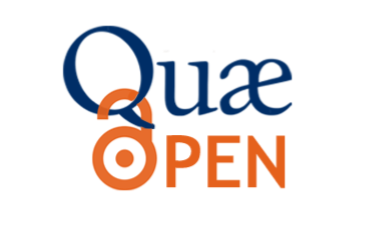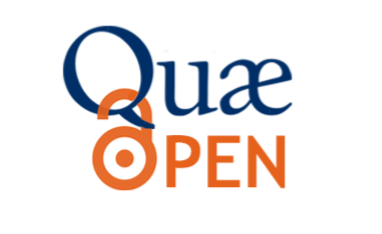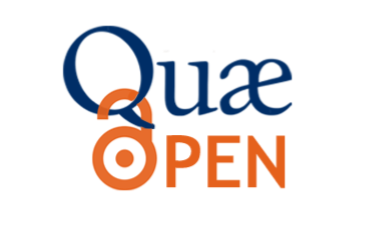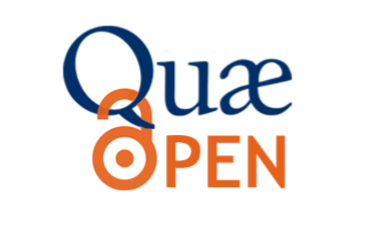Towards pesticide-free agriculture
Research and innovations in a future crop protection paradigm
Publications dans la même collection
0,00 € (gratuit)
0,00 € (gratuit)
0,00 € (gratuit)
0,00 € (gratuit)
0,00 € (gratuit)
Dans la même thématique
0,00 € (gratuit)
0,00 € (gratuit)
Caractéristiques
Langue(s) : Anglais
Éditeur : Éditions Quae
Édition : 1re édition
Collection : Synthèses
Publication : 4 novembre 2024
EAN13 eBook [PDF] : 9782759239955
EAN13 eBook [ePub] : 9782759239962
DOI eBook [PDF] : 10.35690/978-2-7592-3995-5
Nombre de pages eBook [PDF] : 224
Nombre de pages eBook [ePub] : 224
Intérieur : Couleur
Référence eBook [PDF] : 02972NUM
Référence eBook [ePub] : 02972EPB
Taille(s) : 13,6 Mo (PDF), 3,56 Mo (ePub)
























